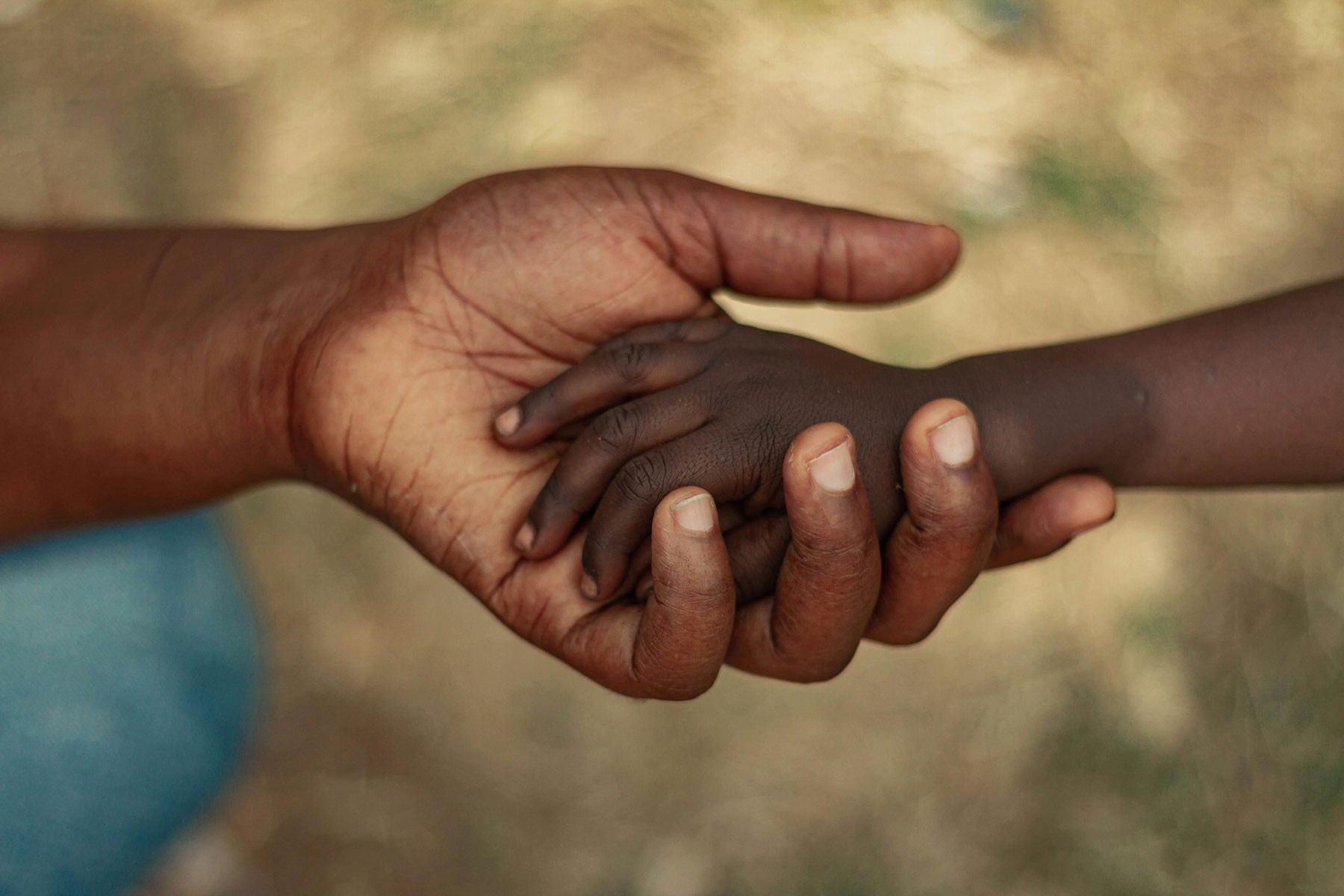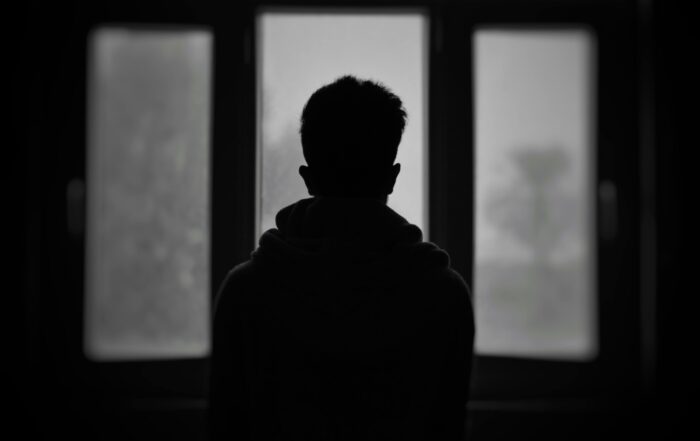
By Kirsten Weir
The first time Nathan Fox, PhD, stepped into a Romanian orphanage, he was struck by the silence. “The most remarkable thing about the infant room was how quiet it was, probably because the infants had learned that their cries were not responded to,” says Fox, who directs the Child Development Laboratory at the University of Maryland.
The babies laid in cribs all day, except when being fed, diapered or bathed on a set schedule. They weren’t rocked or sung to. Many stared at their own hands, trying to derive whatever stimulation they could from the world around them. “Basically these kids were left on their own,” Fox says.
Share This Post!
The Intersection of Childhood Trauma and Addiction
By Shannon Karl Substance dependence leads to persistent negative consequences and the loss of human potential. These consequences often include chronic health problems, dysfunctional family environments, harmful economic impacts and premature [...]
Helping Children and Adolescents Cope With Traumatic Events
By National Institute of Mental Health Every year, children and adolescents experience disasters and other traumatic events. Family, friends, and trusted adults play an essential role in helping youth cope with [...]
The Link Between ADHD and Trauma
By Medical News Today Attention deficit hyperactivity disorder (ADHD) is a common neurodevelopmental disorder that often begins in childhood. Studies have found that trauma occurring in childhood may exacerbate or predict [...]
5 Reasons Why We Blame Ourselves After Trauma
By Kaytee Gillis, LCSW-BACS As a therapist who works with survivors of childhood trauma, I find that self-blame is a common part of their experience. As a survivor myself, I experience [...]
Child-Parent Psychotherapy Resources
By University of California, San Francisco Child-Parent Psychotherapy (CPP) is an intervention model for children aged 0-5 who have experienced at least one traumatic event (e.g. maltreatment, the sudden or traumatic [...]
Caring for Caregivers Experiencing Secondary Trauma
By Heather C. Forkey, MD, Elaine Schulte, MD, MPH, and Luanne Thorndyke, MD Secondary traumatic stress (STS) is the emotional duress caused by indirect exposure to distressing events experienced by others. [...]







